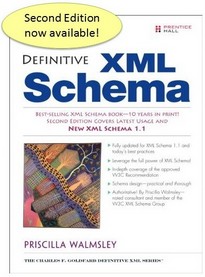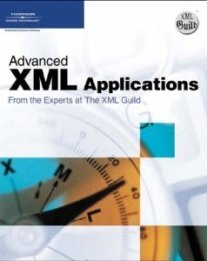gml:TimeClock
A clock provides a basis for defining temporal position within a day. A clock shall be used with a calendar in order to provide a complete description of a temporal position within a specific day. gml:TimeClock adds the following properties to those inherited from gml:TimeReferenceSystemType: - gml:referenceEvent is the name or description of an event, such as solar noon or sunrise, which fixes the position of the base scale of the clock. - gml:referenceTime specifies the time of day associated with the reference event expressed as a time of day in the given clock. The reference time is usually the origin of the clock scale. - gml:utcReference specifies the 24 hour local or UTC time that corresponds to the reference time. - gml:dateBasis contains or references the calendars that use this clock.
Element information
Namespace: http://www.opengis.net/gml/3.2
Schema document: external/ogc/gml/3.2.1/temporalReferenceSystems.xsd
Type: gml:TimeClockType
Properties: Global, Qualified
Content
- Sequence [1..1]
- gml:metaDataProperty [0..*] deprecated
- gml:description [0..1] The value of this property is a text description of the object. gml:description uses gml:StringOrRefType as its content model, so it may contain a simple text string content, or carry a reference to an external description. The use of gml:description to reference an external description has been deprecated and replaced by the gml:descriptionReference property.
- gml:descriptionReference [0..1] The value of this property is a remote text description of the object. The xlink:href attribute of the gml:descriptionReference property references the external description.
- gml:identifier [1..1] Often, a special identifier is assigned to an object by the maintaining authority with the intention that it is used in references to the object For such cases, the codeSpace shall be provided. That identifier is usually unique either globally or within an application domain. gml:identifier is a pre-defined property for such identifiers.
- gml:name [0..*] The gml:name property provides a label or identifier for the object, commonly a descriptive name. An object may have several names, typically assigned by different authorities. gml:name uses the gml:CodeType content model. The authority for a name is indicated by the value of its (optional) codeSpace attribute. The name may or may not be unique, as determined by the rules of the organization responsible for the codeSpace. In common usage there will be one name per authority, so a processing application may select the name from its preferred codeSpace.
- gml:remarks [0..1]
- gml:domainOfValidity [1..1]
- gml:referenceEvent [1..1]
- gml:referenceTime [1..1]
- gml:utcReference [1..1]
- gml:dateBasis [0..*]
from type gml:DefinitionBaseTypefrom type gml:DefinitionTypefrom type gml:TimeReferenceSystemType
Attributes
| Name | Occ | Type | Description | Notes |
|---|---|---|---|---|
| gml:id | [1..1] | xsd:ID | from type gml:DefinitionBaseType |
Used in
- Type gml:TimeClockPropertyType
- Type gml:ArrayAssociationType (Element gml:members)
- Type gml:DictionaryEntryType (Elements gml:definitionMember, gml:dictionaryEntry)
Substitution hierarchy
- gml:AbstractObject
- can be substituted with gml:AbstractGML
- can be substituted with gml:Definition
- can be substituted with gml:TimeReferenceSystem
- can be substituted with gml:TimeClock
- can be substituted with gml:TimeReferenceSystem
- can be substituted with gml:Definition
- can be substituted with gml:AbstractGML
Sample instance
<gml:TimeClock gml:id="ID"> <gml:metaDataProperty> <gml:GenericMetaData>Any text, intermingled with: <!--any element--> </gml:GenericMetaData> </gml:metaDataProperty> <gml:description>string</gml:description> <gml:descriptionReference/> <gml:identifier codeSpace="http://www.example.com/">string</gml:identifier> <gml:name>string</gml:name> <gml:remarks>string</gml:remarks> <gml:domainOfValidity>string</gml:domainOfValidity> <gml:referenceEvent>string</gml:referenceEvent> <gml:referenceTime>12:00:00</gml:referenceTime> <gml:utcReference>12:00:00</gml:utcReference> <gml:dateBasis> <gml:TimeCalendar gml:id="ID"> <gml:metaDataProperty>... </gml:metaDataProperty> <gml:description>string</gml:description> <gml:descriptionReference/> <gml:identifier codeSpace="http://www.example.com/">string</gml:identifier> <gml:name>string</gml:name> <gml:remarks>string</gml:remarks> <gml:domainOfValidity>string</gml:domainOfValidity> <gml:referenceFrame>... </gml:referenceFrame> </gml:TimeCalendar> </gml:dateBasis> </gml:TimeClock>



